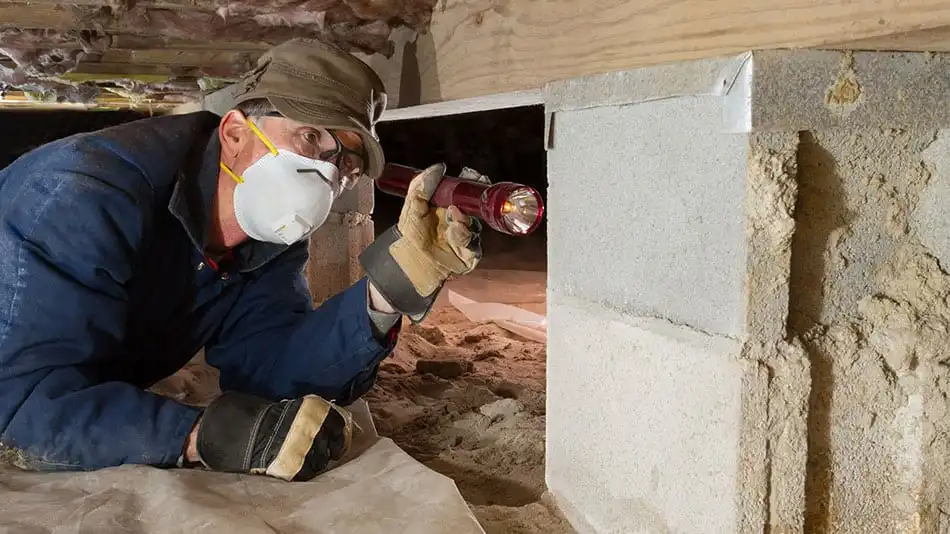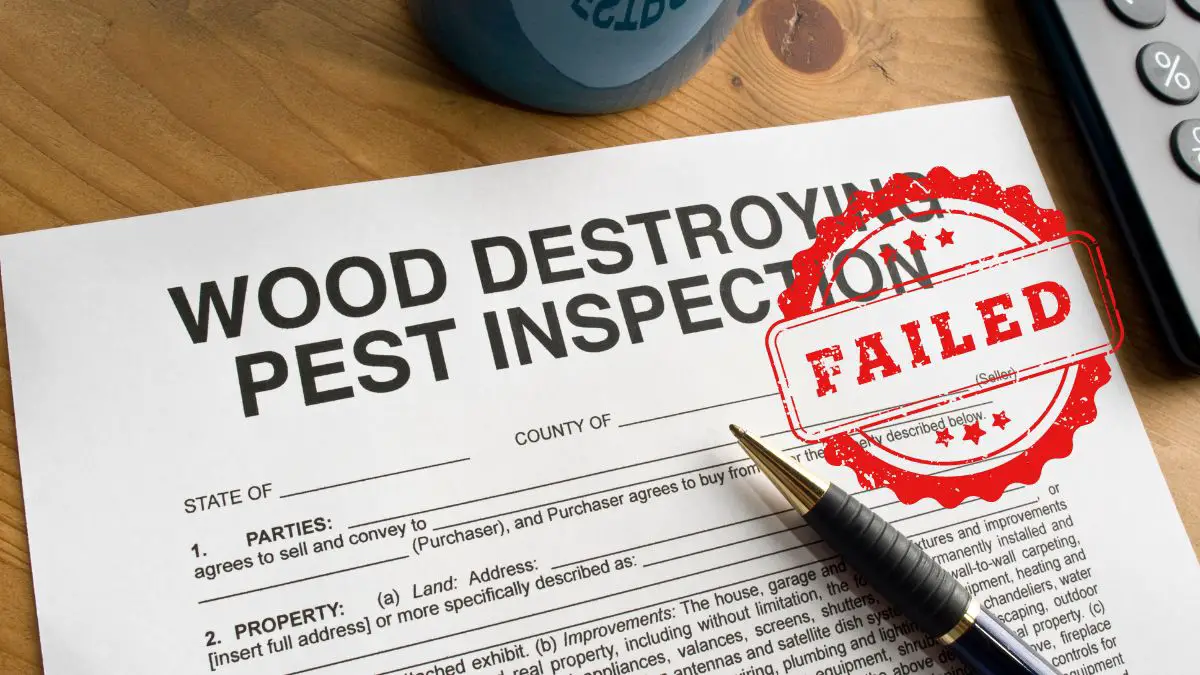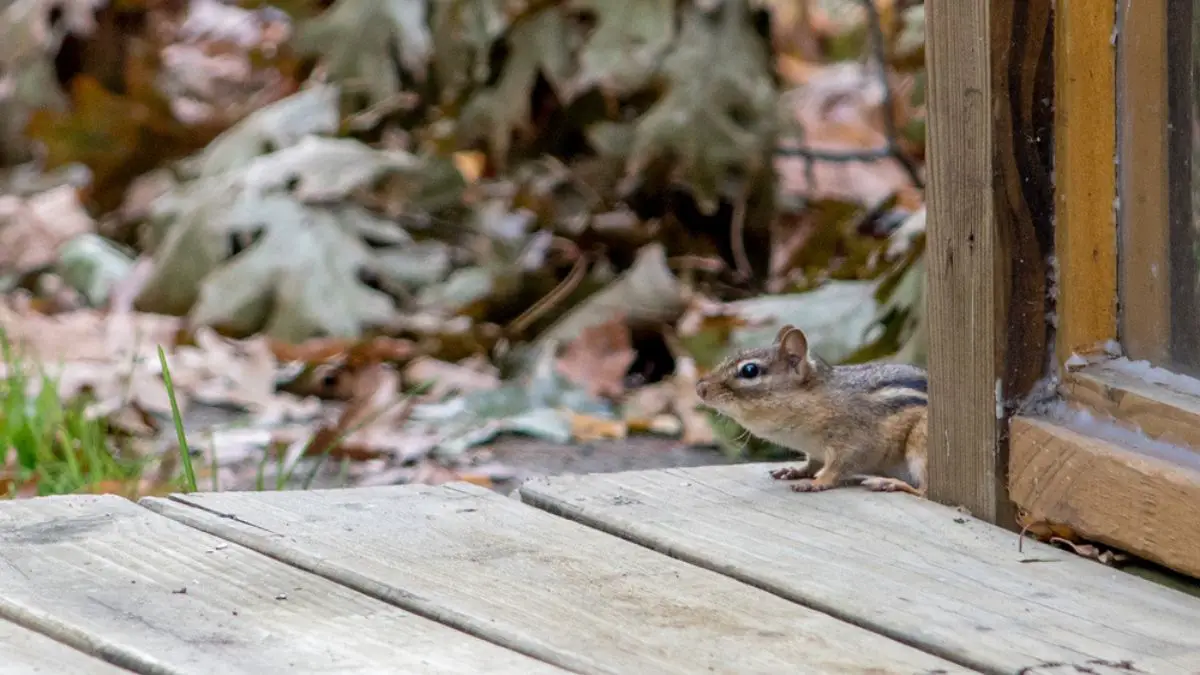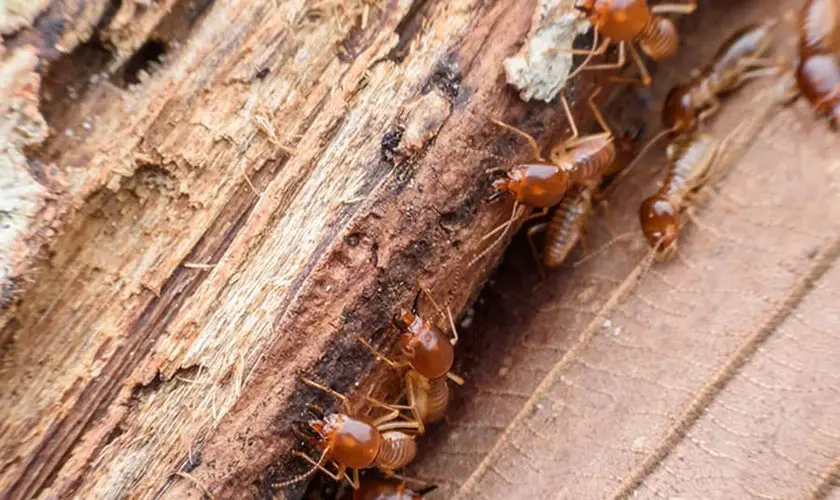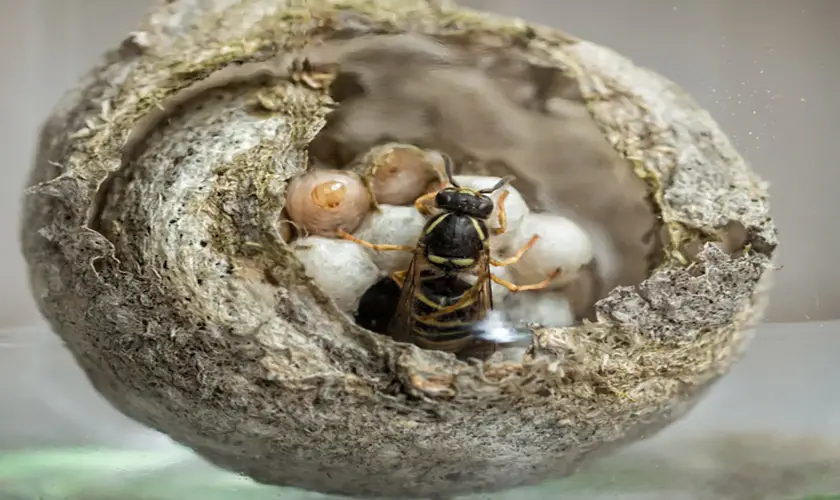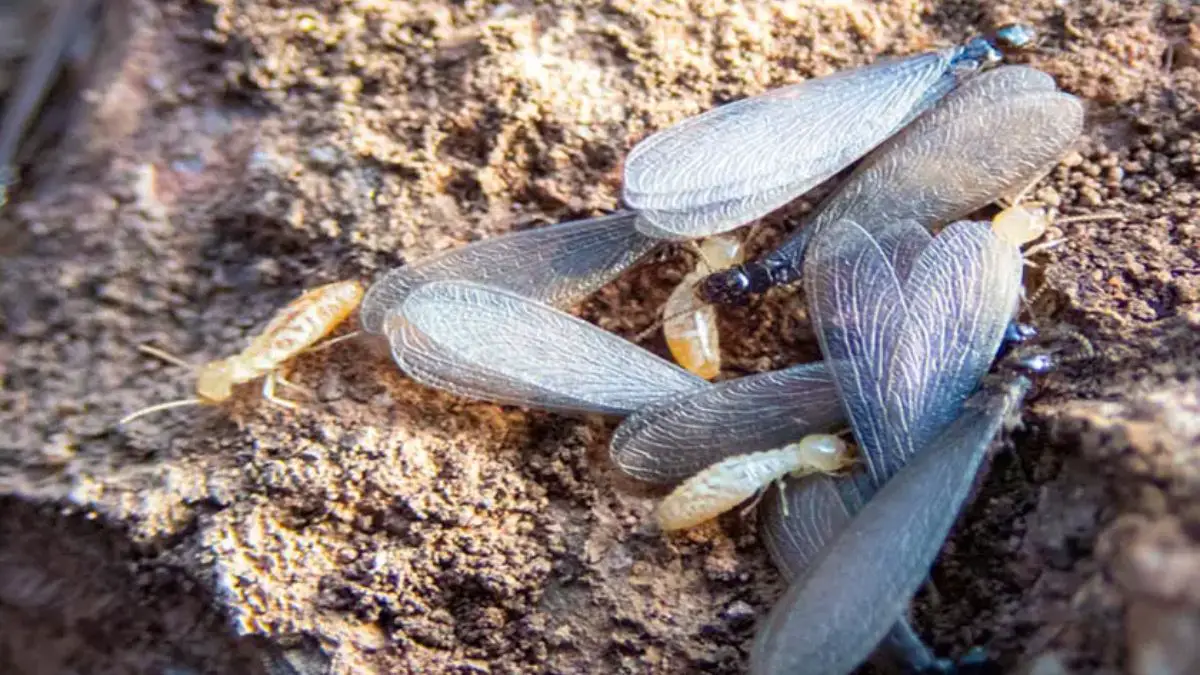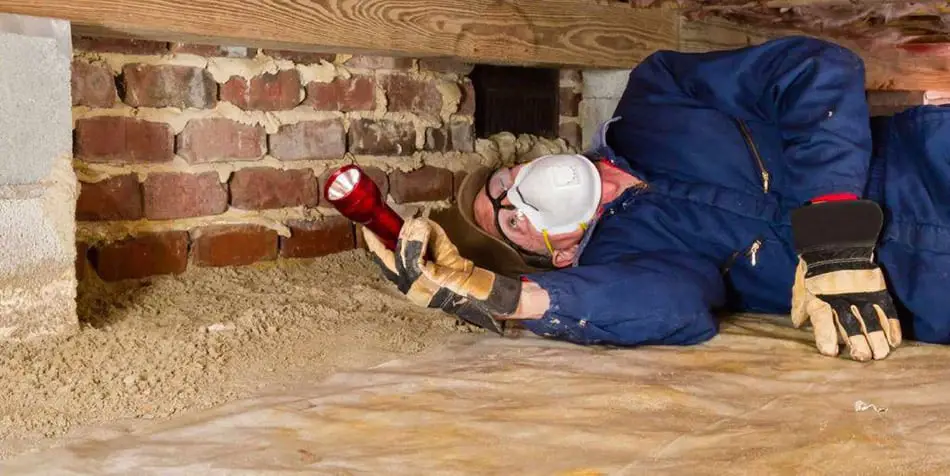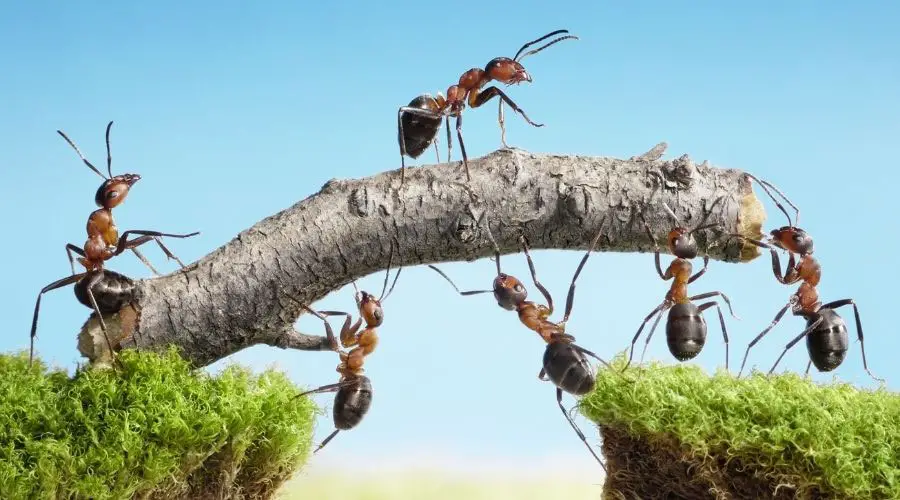
Ants live in colonies of thousands or even millions of individuals, so killing only those you see does not permanently eliminate them. You must use methods that eradicate the entire colony, including the egg-laying ant queens. If the queens are still alive, they will produce more workers and soldier ants.
You can use insecticides in commercial ant traps or gel baits to permanently eliminate ants. Alternatively, you can make your bait using borates or baking soda or pour boiling water, diatomaceous earth, white vinegar, or citrus oil into their nests. Whatever you use, you have to kill the queen.
Ants can be a health hazard and do structural damage to buildings, so you shouldn’t ignore them. Generally speaking, sprays are not as effective as bait because the bait is carried back to the nest and can kill the entire colony, while sprays only reach the surface.
Get FREE quotes from licensed pest control technicians in your area today. Whether you need spraying for ants, roaches, spiders, ticks, mosquitos, or bed bugs, We Can Help! All technicians are screened, licensed, and insured.
Why You Should Get Rid Of Ants
Many ant species are serious pests in domestic and urban environments causing damage to buildings and electrical appliances. In urban settings, insecticides are typically used as barrier treatments on perimeters. However, treating perimeters can trap ants assembled in the home and cause new colonies to spring up.
Ants also carry micro-organisms on their bodies that can spread disease and contaminate food and household surfaces. They can travel far searching for food and leave chemical trails as they go for other ants to follow. If the ants travel through contaminated areas, they can infect your environment with salmonella, Shigella, e.coli, and clostridium.
Many ants also bite or sting, and for individuals sensitive to ant venom, this can be a severe problem causing itching, swelling, and burning. While the notorious fire ants are unlikely to reside in your house, they will happily infest your garden. Their venom can cause anaphylactic shock if many ants bite simultaneously.
Also, household ants can cause asthma and allergies in vulnerable individuals. If anyone in the home has breathing problems, researchers say you shouldn’t hesitate to eliminate ants.
Some ants found in the home may have their nests in the garden. If this is the case, you need to trace them back to the colony because destroying the colony is essential if you want to remove them permanently.
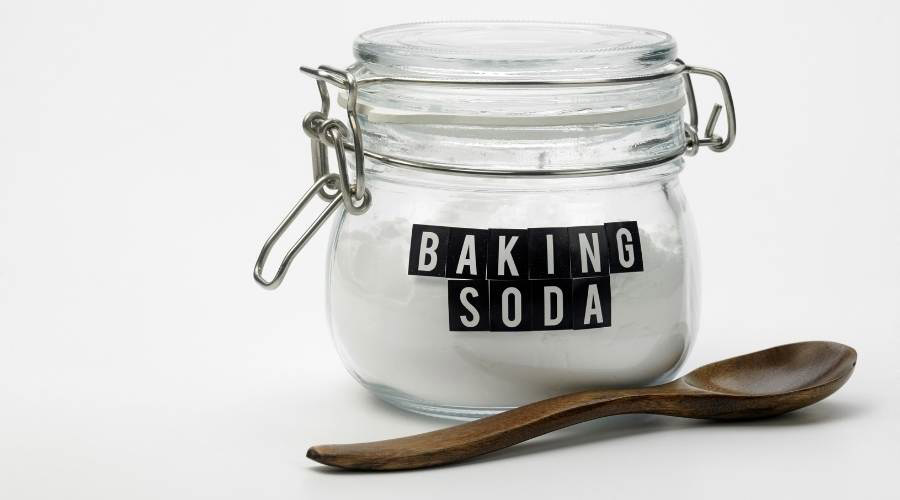
8 Ways To Get Rid Of Ants Permanently
There are several ways of eliminating ants permanently, depending on the type of ant and whether they are in your home or garden. Some ant species are not a problem in the garden but are in the house. Others you don’t want in your home or garden. Don’t destroy beneficial ants just for the sake of it.
Be aware of the safety factor when using the methods in the table below. If you have children or dogs likely to be interested in bait stations or bait gels, you need to put them in areas where they can’t reach them. Boric acid and boiling water will also kill nearby plants. It is always better to choose environmentally friendly methods than chemical insecticides.
| Extermination Method | Location and Toxicity | Type of Ant |
| 1. Boric acid/sugar solution soaked in cotton balls – toxic to pets and children. Home Toxic to humans and pests. All household ants. Workers and queens 2. Borax/syrup solution | Home Toxic to humans and pest | All household ants Workers and queens |
| 3. White vinegar/water solution 50:50 | Home and garden Non-toxic to humans and pets | All household ants Only foragers and workers, unless sprayed directly into the nest |
| 4. Boiling water with dish soap poured into the nest | Home and Garden May kill nearby plants. | All household ants Fire ants Workers but may not reach the queen |
| 5. Baking soda mixed with sugar | Home and garden Non-toxic to humans and pets | All household ants Fire ants |
| 6. Diatomaceous earth | Home and garden It won’t kill plants Non-toxic to humans and pets | Only foragers and workers, unless applied directly into the nest |
| 7. D-limonene (an ingredient in the citrus peel) | Home and garden. Non-toxic to humans and pets | Toxic to fire ants and household ants |
| 8. Commercial insecticides in bait stations and bait gels | Home and garden Toxic to humans and pets | All household ants. Various bait flavors are available. Kills the colony |
1. Boric Acid and Sugar Solution To Get Rid Of Ants
Boric acid is toxic to ants and many other insects, pets, and humans, so wear gloves when using it. Please don’t put it in areas where children and pets can find and touch it. Dip cotton wool or other absorbent material into the solution and place it strategically around the house where you have detected the ants’ presence.
This method works like a bait trap, so don’t kill the ants if you see them gathering around the cotton balls. This is precisely what you want them to do. They must eat the boric acid in the sugary liquid and carry it into the colony to feed the ant larvae and the queen. Remember that boric acid is toxic to plants and could drain into the soil around them.
2. Getting Rid Of Ants With Borax and Syrup
You can make a mixture with borax and corn syrup, maple syrup, or honey and smear it onto small pieces of cardboard that you place around the house near where you have seen the ants. The ants carry it back into the colony, where it can kill the queen and her cohorts.
Mix ¾ of a cup of maple syrup or honey warmed in the microwave with ¼ cup of borax. Stir until it is smooth and the ingredients are thoroughly blended. Place large drops of the mixture on the ant trails towards the nest.
Place the bait drops on small cardboard pieces in the garden rather than directly onto the soil. Borax is toxic to many living things, so you don’t want to contaminate your plants and the earth.
Mix powdered sugar with borax if you want a solid bait that will kill the ant larvae in the nest. Scatter the mixture along ant trails and corners where you see they have been walking. You can also sprinkle it around plant pots outside the house.
3. Getting Rid Of Ants With White Vinegar
Mix a 50-50 split of water and white vinegar in a spray bottle and spray any ants you see. Clear away the battlefield with a paper towel. You can also use the vinegar undiluted. Vinegar disrupts the ants’ pheromone trails and confuses them about where they are going.
White vinegar kills ants and repels them, so consider wiping hard surfaces such as countertops, cupboard doors, and floors with a white vinegar solution. Vinegar can damage certain types of stone, so make sure that you don’t apply it to granite countertops.
You can also pour the dilute vinegar solution into an ant nest if you find one. Since it is crucial to kill the queen, please make an effort to follow the ants back to their colony to address the problem at its source. It is no good just killing the workers.
4. Boiling Water Mixed With Dish Soap To Get Rid Of Ants
If you have found the ants’ nest, you can use a mixture of boiling water and dish soap to flush the colony. You may have to dig into the nest and repeatedly pour boiling water into it to get to the queen because she is probably underground. Boiling water cools down rapidly when it makes contact with the soil, so if the queen is very deep, it might not be hot enough when it reaches her.
It is even better to add dishwashing soap to the boiling water. The soap helps to suffocate the ants even if the water has cooled down a bit. It breaks the water’s surface tension making it harder for ants to stay on the droplets’ surface.
You can also add cooking oil such as canola to the water and dish soap mixture because the ants cannot breathe in the oil, and it will soak into the walls and tunnels of the nest, making it more difficult for the ants to rebuild.
Be extremely careful when using this method for fire ants. They will become angry and go into attack mode, which means you could get them climbing onto your legs and feet and stinging you or any children or pets nearby.
You need to slowly pour at least three gallons of boiling water onto the fire ant mound at a time. Depending on the colony’s size and depth, you may have to do this several times before reaching the queen. Bear in mind that boiling water will kill any surrounding plants.
5. Killing Ants With Baking Soda Mixed With Sugar
A mixture of two ingredients, sugar, and baking soda, can also kill ants inside and out of the nest. Mix the baking soda and icing sugar in equal parts and pour it into a shallow container near the ants. You can also sprinkle it along their trails and footpaths.
The ants need to eat it for it to kill them. Baking soda reacts with the ant’s digestive tract chemicals to produce carbon dioxide. This results in dehydration. If the ants take the sugar-laced with baking soda into the colony and feed it to the queen ant and the ant larvae, they will die.
6. Diatomaceous Earth To Kill Ants
Diatomaceous earth (DE) will kill an ant colony if you find the nest, open it up and scatter the DE all over it. It can destroy the entire colony, but it may take a few applications before all the insects are gone. The ants must come into contact with DE before it is effective.
Diatomaceous earth is inexpensive, easy to use, and non-toxic to humans and other animals. If you do not apply it to the ants’ nest, it will only kill the foragers who come across it in and around your home. They cannot take it back to the nest to kill the queen and the other ant castes.
DE is a fine powder consisting of the dead bodies of ancient living organisms, called diatoms, that lived in water millions of years ago. Their skeletons are made of silica that accumulates in the sediment as they die, leaving deposits of diatomaceous earth. It doesn’t expire and so remains effective permanently.
You get different grades of diatomaceous earth, and the best one to use for ants is food-grade, which means it is safe for humans to eat.
At a microscopic level, i.e., DE is porous, coarse, sharp, and deadly from an ant’s perspective. It sticks to the ant’s exoskeleton like a burr and cuts through the cuticle absorbing the fats and moisture in the body. The insect dies of dehydration. Ants never become immune to DE because it kills them through mechanical rather than chemical action.
Apply a thin layer of DE along the ant trails or over and around a large group of ants. You can also spread it along with floors, windowsills, baseboards, and the cracks from which the ants emerge. It takes around sixteen hours to kill red ants and twenty-four hours to kill black ants.
7. Get Rid Of Ants With D-Limonene (Citrus Oil)
D-Limonene is the active ingredient in lemon, orange, and grapefruit essential oils. It is also found in some ant sprays and citrus peel. It kills ants by destroying the waxy coating in their respiratory system and can be used indoors and outdoors. If the D-limonene reaches the queen, it will kill her and destroy the colony for good.
Finding the ant mound or nest to use D-limonene to kill the queen would be best. Soak the nest with orange oil or an orange oil solution.
You make your own using orange and other citrus peel, or you can buy the essential oil. Fill a container with water and put the citrus peels inside. Allow them to soak for a few days before straining off the liquid.
Another recipe is to mix six ounces of orange oil with one tablespoon of blackstrap molasses and a little dish soap with water in a gallon jug.
The advantage of using citrus oil to kill ants is that it is non-toxic to pets and humans. The scent also discourages ants from entering the home. If it is sprayed around entry points, it works as a barrier for around twenty-four hours.
8. Commercial Insecticides In Ant Traps and Gels
Baits in ant traps are usually recommended over sprays because, for every individual you see, there are likely to be a dozen more than you don’t. Sprays only eliminate the ants that you can see. There is not much point in using an insecticidal spray on visible ants because a mixture of white vinegar and water or household detergent kills them just as effectively.
Ideally, ant poisons are slow-acting, so the ants can carry them back into the nest, exposing the whole colony. This means using ant bait laced with the insecticide.
Bait stations enclose the toxic bait in plastic shells that the ants can enter to get the food. Bait gel comes in a tube that you can use to deposit small dots of lure around the house, and many entomologists say that it is more effective than bait stations.
Insecticides that are commonly used in commercial ant baits are:
- Avermectin (abamectin)
- Hydramethylnon
- Metaflumizone
- Fipronil
- Imidacloprid
- Indoxacarb
- Fenoxycarb
- Acetamiprid
- Boric acid
Some of these chemicals are listed as probable carcinogens, which means they are suspected of causing cancer in humans. Hydramethylnon is recognized as of the less toxic pesticides.
Although the same active ingredients are found in bait stations and gels, the bait in the gels is usually more sugary and sweet. This is more attractive to ants, which can be pretty fussy regarding what foods they like. If one kind of bait doesn’t work, you may have to try others until you find one that your ants like; different types of ants like different food types.
Some ants prefer protein-based foods, while others like sweet or greasy foods. To add to the challenge, the tastes of a single ant colony can vary depending on the time of the year. For instance, what attracts them in spring may not lure them in summer.
Video Reference
Conclusions
The most important thing is that you must use a method that kills the queen to get rid of ants permanently. If you only eliminate worker ants and foragers, the queen will lay eggs and replace them. It would help if you tried to kill as many ants as possible to avoid the start of a new colony.
Get FREE quotes from licensed pest control technicians in your area today. Whether you need spraying for ants, roaches, spiders, ticks, mosquitos, or bed bugs, We Can Help! All technicians are screened, licensed, and insured.


